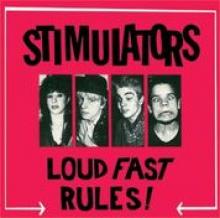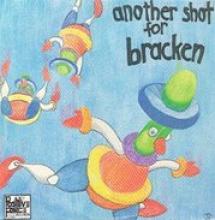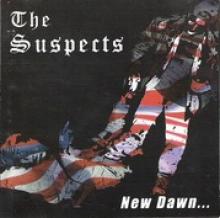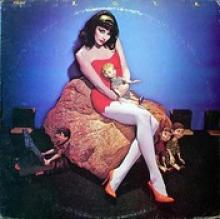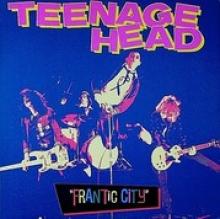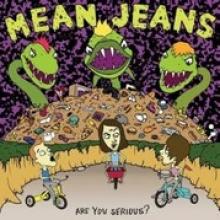A minute with Mike Hudson and Frank Mauceri, 2/4
Frank Mauceri: Persistence has a lot to do with it, because there was no defined sound in Cleveland. You couldn’t really say that all the bands sound alike. It’s not like Seattle during the grunge years. There was that sound that people just expected. Cleveland didn’t have that, so there has to be something driving it.
I agree about those bands not sounding the same. Do you think that there were commonalities, though? Maybe Pere Ubu’s the exception.
FM: I don’t think Ubu is an exception, because even if there’s not a common sound, there’s a common attitude. There’s a common interest. The attitude is a cynical, smart ass outlook that’s unique to Cleveland. To build a music scene on a common attitude is a lot different than other scenes, which generally just built on a common sound. It also gets mixed up with a sort of beatnik, literary thing.
Look at Ubu’s song titles and lyrics. Or look at the name Rocket from the Tombs. David’s [Thomas, Rocket from the Tombs/Pere Ubu songwriter] talked about this excessively, so I’ll only touch the surface. But there’s a huge sci-fi theme that runs through that stuff.
With all of these bands performing and recording during the ‘70s, regardless of there being a musical similarity, how’d the press respond? Did bands even get coverage?
MH: That was the thing. In Los Angeles, London and New York, there was a media that really supported those bands. Here there was nothing. You can look back in the ‘70s archives of the Plain Dealer [Cleveland’s daily paper] or Scene Magazine [a Cleveland alternative weekly] and you won’t even find these bands being mentioned.
We got so slogged in Scene every time we would make a record. They would say, ‘This is even fucking worse than their last one.’
When I released Cleveland Confidential [a compilation documenting the second wave of Cleveland punk bands] – which has done pretty well and been reissued by two other record companies in latter years - it got a lot of good reviews. Mark Holman from Scene, who’s a real asshole said, ‘A page out of Cleveland’s musical history, but not recommended for mass consumption by any means.’ It still pisses me off today, obviously.
But I think that if you ask anyone that had a band and they answer you honestly they’ll say that they did it mostly to amuse themselves. That was certainly true with us. It just turned out to be a part of an international movement.
Do you think that the perception of your work was just closed mindedness on the part of the press or did you understand what the media was saying?
MH: All I know is that every time we had any kind of interaction with those people – Scene, the Plain Dealer or WMMS – it turned out badly. It got to the point that we were going into the WMMS building with cans of pink paint – Pagan Pink, we called it. We’d go up on the roof and then dump the paint over the side of the building, because they had that horrible buzzard logo painted on the side. So, there’d be these big splashes of pink paint on it – 3 or 4 gallons worth. They’d have it repainted by the end of the week. It was like a guerilla war. We were street fighters.

